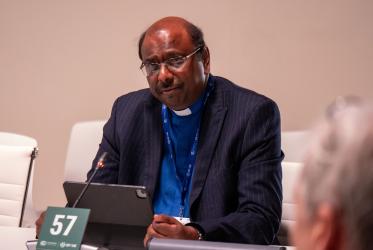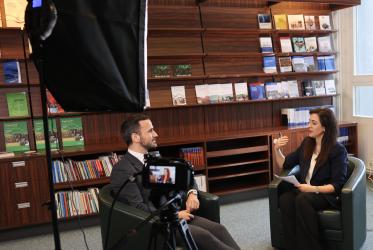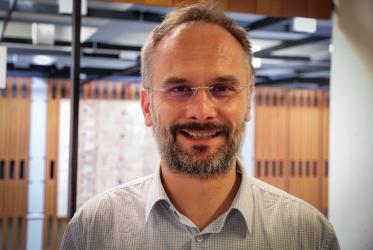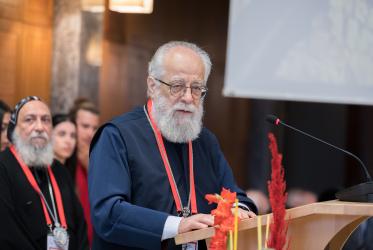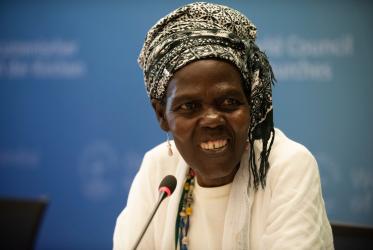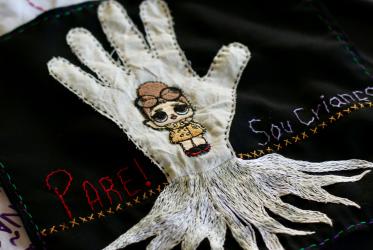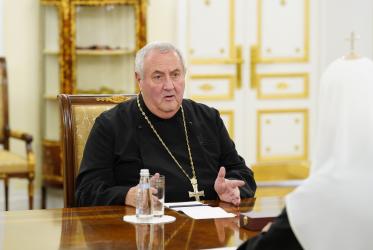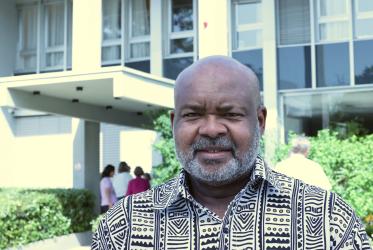Displaying 1 - 20 of 44
"In the end, it comes down to…love each other"
24 April 2024
At COP28, WCC general secretary hopes for “less talk and more walk”
01 December 2023
Thursdays in Black Bible Study: Solomon’s Wisdom in Judgment
08 December 2022
Promoting human dignity through art
06 September 2022
Bridging gaps and bringing people to the table
23 June 2022


